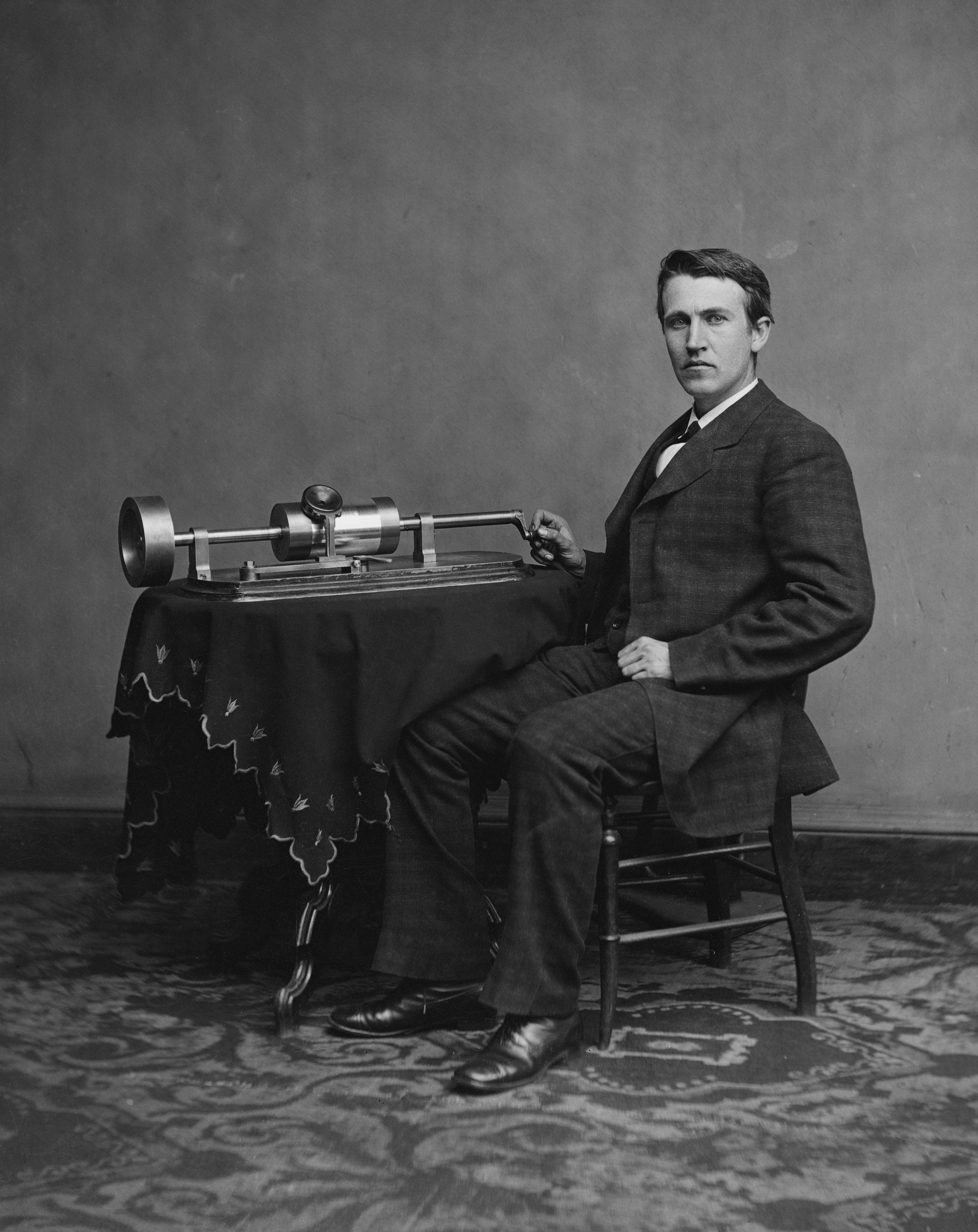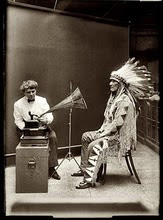
From the ongoing "Hey dude, check out this link" email correspondence between Mr. Geoff Greene and Sheikh Khalil Hibri...
- - -
The link of the day today was an interesting aside in The Wall Street Journal (hidden under the apocalyptic Fall of the House of Lehman Brothers headlines) about the surprising jump in vinyl LP sales of late:
http://online.wsj.com/article/
It's disappointing to me, however, that they didn't bother to explicate this phenomenon a bit. Older album buyers have been driving the only growth in the industry for years now, sopping up Beatles and Rod Stewart titles as quickly as their blue Viagra pills. Is this a phenomenon of the old?
Or, is this an expression of a new vitality in the DJ business, with the "commodification" of music that the internet has spawned ironically fueling a new curiosity of the existing musical canon and media--and a retrograde desire for authenticity. Would I have learned to love Blondie or Janis Joplin without the internet? Perhaps, but Google and free MP3 downloads allow for a much lazier pursuit of discovery than the old system of album sifting in the dusty backs of offbeat record stores. In the age of the internet, everyone can be an enthusiast, and change their enthusiasms by the week. If this phenomenon is widespread, then the internet utopians are right and the litigation-happy record companies are painfully wrong--the banal proliferation of piracy may be actually sparking consumer interest in legitimately-purchased media, both old and new.
Perhaps even the vision that the article insinuates could be true. That there is a Romantic backlash against the ethereality of digital media. You can't see or touch the zeros and ones encoded on a CD, hard drive, iPod, or internet server. Even the fast-dying CD is not as much of a fetish object as the vinyl record, with its physical groves lending a satisfying causality to the medium (the hand-crank gramophone is the ultimate expression of this elegant causality of form and function--the flow of the needle bobbing over the undulating sea of groves, singing out through the honeysuckle-flower of the amplifying horn). Why else would people be turning out in ever greater numbers to spend $30 (or $3000) to see their artists performs live (even when "live" means lip-synching or pressing "enter" on the stage laptop)? This could be the musical equivalent of the "Whole Foods" phenomenon, the luxury status of "natural fiber" clothing, "green" household products, and the long and surprising endurance of bibliophilia in the wake of ebooks and Kindle.
We're all grasping for authenticity, for the dirt-in-your-fingernails Reality our ancestors supposedly enjoyed. The alienation from our world has gotten so bad that even copies of Reality, the mere simulacra of a vital primary exposure to life, strike us as relatively authentic and true. Compared to the HD-broadcast ersatz, the hyperreal Spectacle, the celebrity-cult Kabuki theater that is 21st-Century modernity, it certainly is.
If analog is only a copy, then at least it is the Master Copy. The analog LP is the signed first edition to digital's mass market paperback. Once it is stripped into a naked stream of zeros and ones, its tarnished by cheap and easy proliferation. The virgin is deflowered and reduced to a two-minute cumshot on YouPorn. Everyone booger-eating hack can have the new Radiohead album, downloading it literally for free from the comfort of their mother's basement. But, only the choice elect will have the enthusiast's $80 edition...
Which all makes me absolutely certain that I've been missing out on valuable cool points by not placing a gramaphone next to my Royal 10 typewriter, antebellum loveseat, and 100% organic kitchen. For shame!
P.S. I would suggest that the folks at Stuff White People Like add music-nerd record collecting to their anthropological findings...




